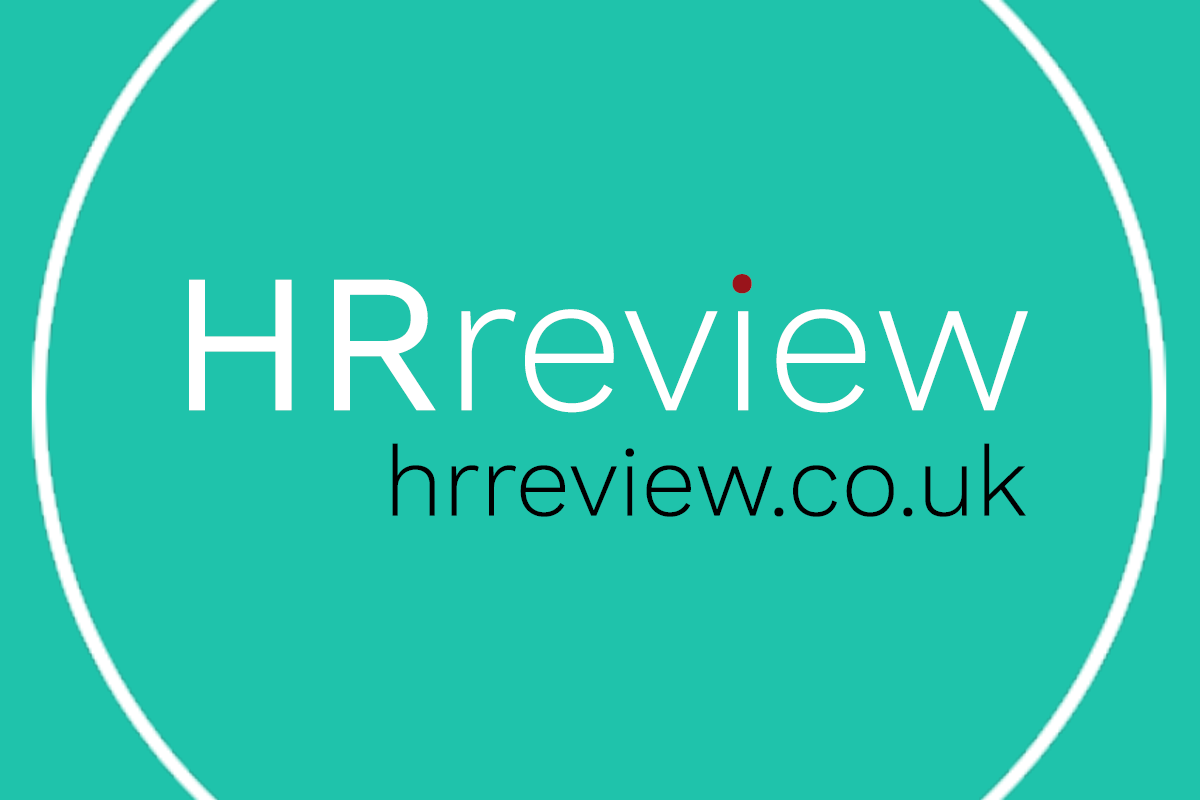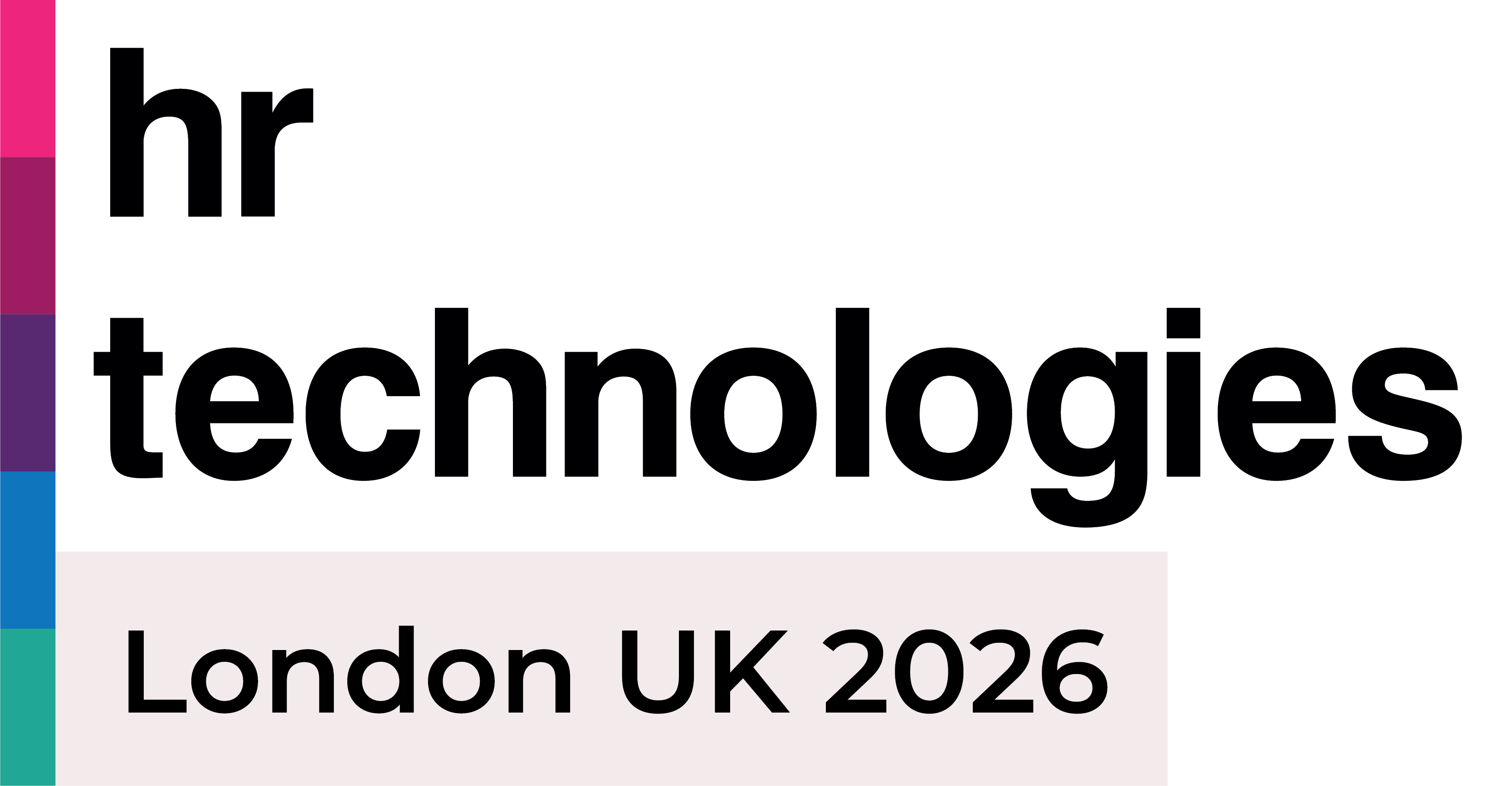The Disparities Between HR Demographics

HR professionals are gearing up to overhaul HR systems and invest in their modernisation, according to an independent survey of 51 HR Directors in companies with 250 employees or more.
The study, commissioned by the organisers of – an all-new exhibition and conference, solely dedicated to HR technology and the future of the HR function – asked HR leaders to reveal their biggest challenges.
Two in five (41%) cited insights and data analytics and the modernisation of HR systems, while 37 percent cited recruitment and talent management, managing employee wellbeing.
Also, 31 percent pointed to remote/hybrid working.
Budget is already being lined up to help businesses implement next generation HR systems. Almost half of HR directors (45%) said they have allocated between £100,000-£500,000, with the mean investment amount available each year sitting at £174,959.
Challenges change depending on experience
While insights, data and modernisation are huge challenges across the board, HR Directors of different ages see them in different ways.
For instance, a half of 18-44-year-old HR directors cite Insights and data analytics as a key challenge for today, while just 17 percent of 45-64-year-old and 0 percent of 55+ directors note it as an issue.
It is a similar story for modernisation of HR systems, which also saw 50 percent of 18-34-year-olds citing it as a challenge, dropping to 32 percent of 35-44-year-olds and 17 percent of 45-54-year-olds.
Interestingly, 75 percent of the 55+ age group said this was a challenge, pointing perhaps both to their understanding that legacy ways of working need to be replaced and concerns about grappling with unfamiliar technology.
Trending issues, including managing employee wellbeing and remote/hybrid working, see large differences in how HR directors of different ages view them.
While 50 percent of 18-24-year-olds cite managing employee wellbeing as a challenge, this drops to 35 percent of 25-34-year-olds, 37 percent of 35-44-year-olds and 33 percent of 45-54-year-olds before rising to 50 percent of 55+ year-olds, perhaps indicating that they see it as an issue they must tackle.
Of course, remote/hybrid working became routine for many workforces during the pandemic, and many employees still expect to be able to work from home regularly. Not one 18-24-year-old respondent cited it as a challenge, while 20 percent, 37 percent and 50 percent of 25-34, 35-44, 45-54 and 55+ year-olds respectively believe it is a challenge.
Technology as a major impact
When it comes to technology, two-thirds (67%) of HR directors believe it has had a major impact on HR over the past 10 years, and 31 percent cite a moderate impact.
Cloud technology & SaaS is seen as having the biggest impact on HR – cited by 53 percent of respondents. Multiple technologies are used by respondents in the following areas: performance management (65%), Core HRMS (55%), Payroll (53%), Improving employee engagement (53%), time and attendance (49%), recruitment (49%), onboarding (49%) and improving mental health and wellbeing (47%).
In terms of where they expect to allocate that budget, the money is fairly evenly spread, with a bias towards learning and development (55%), corporate health & wellbeing and hybrid working (both 51%).
Nick Powell, Managing Director of HR Technologies, says: “I’m not entirely surprised by the issues that HR directors say they are facing, but I am surprised at the difference in attitudes to those challenges between the different age groups. Certainly, things like wellbeing and remote working have become key talking points for employees over the past two and a half years in particular, and younger directors clearly think that incorporating these as good HR practices should be a given, while directors in the older demographic are not used to factoring these into strategies.
“Technology can, and should, play a leading role in helping HR teams to manage the challenges they face; HR Technologies UK will offer the perfect platform for HR professionals from across a spectrum of industries to discuss, deliberate and deliver the latest and greatest in HR tech innovation with exhibitors such as Workday, Plumm, HiBob, Globalization Partners, Ceridian and Atlas – offering technological solutions within five core areas including Operations & Services, Recruitment & Talent Acquisition, Talent Retainment & Nurturement, Corporate Health & Wellbeing and Learning & Development,” he adds.
Read the original article, published by HRreview.
